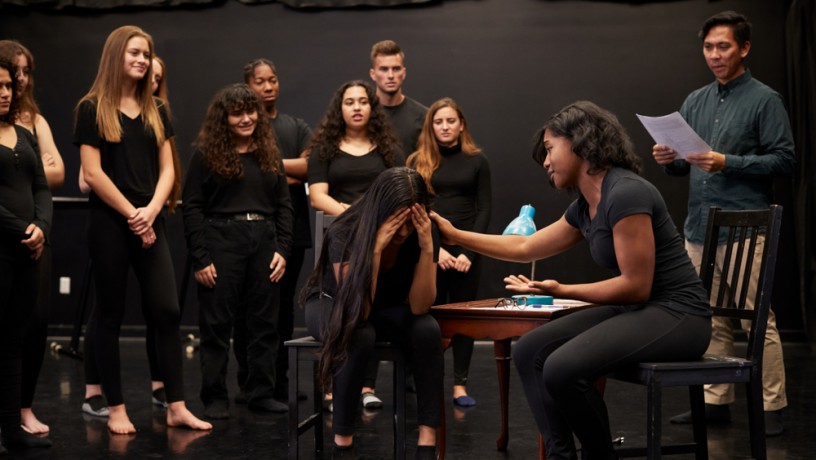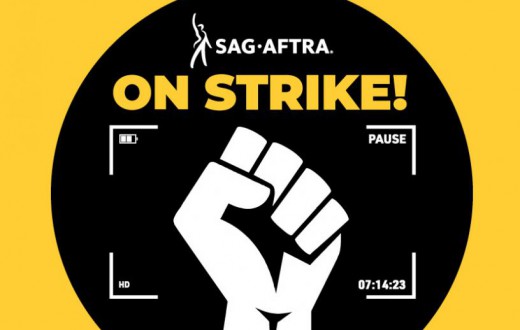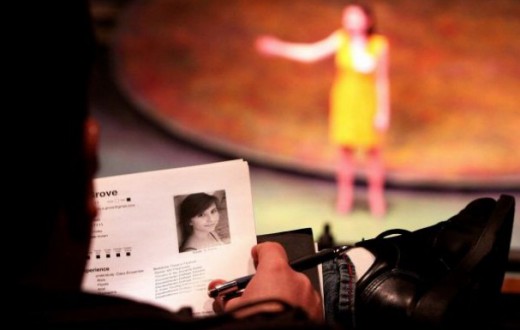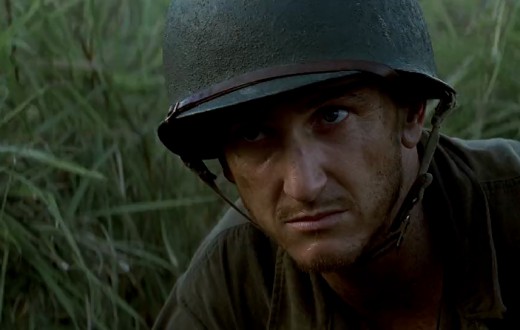“The only true wisdom is knowing you know nothing.” – Socrates
“You know nothing, Jon Snow.” – Ygritte, Game of Thrones
“I know.” – Jon Snow, Game of Thrones
Did you ever have one of those friends, or a co-worker, or a cousin, who always claims to know all about whatever topic comes up no matter how random? This was especially true for a certain kind of self-aggrandizing kid, perhaps one who was kind of insecure and sought to build himself up in the eyes of his peers.
But even looking back as an adult and understanding why they might have behaved this way doesn’t make them any less annoying, even in retrospect. (I’m looking at you, Jason.)
Anyway, the point is that we limit ourselves as actors when we decide that we already know everything we need to succeed. While it may be true that success in acting or virtually any field is possible without taking classes, there is a fair and legitimate argument to be made that success is much more likely, and likely to come to you easier if you continue to get educated in your field.
This is especially true of acting, where every experience you get as a human informs and changes they way you practice the craft. If you’re flirting with the idea of saying you’re just all done with acting classes for whatever reason, here are a few reasons why you should reconsider, at least if you plan to continue working as a successful actor.
1. You Don’t Know What You Don’t Know
This is probably the biggest reason why you should really plan on continuing to take acting classes all the way through your career. I’ve noticed the “But I’ve finished my acting education” effect most profoundly when I work with younger actors who are just out of university. Look, of course you have accomplished a great deal, and you are no doubt a better actor than you were when you entered school. But that just makes my point for me: you’re already so much better after four years of university classes – why wouldn’t you want to continue that upward climb? Finishing university or 100 or even 1000 acting classes simply doesn’t mean you’ve learned all there is to know about acting. And the temptation to pat yourself on the back and adopt a mindset that you don’t need any additional information is especially dangerous for actors, simply because you don’t know what you don’t know.
If you don’t believe me, go back and look at some video of your earlier work. Work from years ago. Make yourself watch it. The whole way through. You may need Clockwork Orange-style clips to force your eyes open to make it through. So when you did that work you were – at the time – doing your very best, top-notch, A-number 1 acting that you were capable of, right? You had no concept that there were levels and layers and nuances far deeper than what you were able to deliver. This is the essence of the acting learning curve: it may get easier, you may get better, but there is no ceiling, there’s no limit, there’s no, “Okay, I’ve learned it all now” moment. You can and should be learning from every job, every audition, every self-tape – and every class – you are involved in. Together, these things can and will make you a better actor.
2. No Consequences
While we actors thrive on pressure, there is a different energy involved when you’re on set or in the audition room hoping to land a big job, more so than if you are working on a project with your friends or doing a scene in class. If it’s the former, you’re either on the clock getting paid to do a job correctly and efficiently, or you’re in a “job interview” looking to get hired to do a job, so there’s a pressure to shine and bring your absolute best. In class, on the other hand, you’ve got a freedom to really dig and get weird with it as the spirit moves you. There are no cameras rolling, there is no bored crew impatiently waiting for you to wrap a scene so they can move on to the next one – and there’s no paycheck or reputation hanging in the balance. There’s only freedom.
3. Working With Others
I think we can all agree that more experience equals more better, right? At whatever we do. And what you’ll find as you take more and more classes is that you’ll learn how to work better and more productively with a wider variety of people – in a non-judgmental, no-pressure environment. As you and your classmates have to work out scenes, and as you go over each other’s monologues, and – hopefully – as you develop original work, you’ll find your vocabulary for defining and hammering out whatever conflicts might arise improve over time. These skills for how to navigate different styles of director or different types of actors of varying levels of skill and patience and whatever other quirks they bring to the table all translate to helping you work with your colleagues on the next job, and the next, and the next.
4. Exploring Different Characters
Another reason you should stay in classes pretty much all the rest of your career is that you get opportunities to play roles and explore characters you might otherwise never get a shot at. Sure, it’s a nice feeling when you start carving out a niche for yourself where CDs get to know you and you get called in for the same certain types of roles over and over. You can make a real nice living that way. But even when you’re getting paid good money to play, for instance, “vaguely Bruce Willis-looking, burly, working-class, grumpy-looking dude” on the regular, it can still get pretty old. By taking classes you can really find opportunities to spread your wings and develop the skills necessary to play more challenging roles that most CDs and directors would think of as outside of your wheelhouse.
5. Get More Comfortable
Again, practice makes perfect. And although you can get a bunch of practice just getting hired to do jobs, the fact of the matter is that the the skills actors need to succeed at the top of their potential are often not easily digested and perfected when you’re staring down the barrel of the camera with an impatient AD looming over you. In classes you can learn how to allow yourself to be more vulnerable in a variety of ways, and those skills – and you walking onto set full of confidence about allowing yourself to be vulnerable – can really pay off. You can not only grapple with difficult scenes and emotions in an environment that allows you to take your time and really explore them, you can also learn how to use your physical presence and fully understand your physical instrument better. Learning a dance during rehearsals on set while a shot is being set up versus learning how to dance in a no-pressure class over the course of several weeks? It’s a no-brainer as to which will be more rewarding.
6. It’s Fun
Taking classes is a blast! You get to develop new contacts and expand your network, you get to play with all kinds of wild ideas and approaches. And with any luck you get to learn from someone who has not only been around the business and knows what they’re doing, but is also fun themselves. It’s hard to imagine anything cooler than say, taking a master class with Samuel Jackson, right? And if price is an object, don’t forget that NYCastings offers online acting training sessions form great instructors for a really affordable price right here. Get started today!







